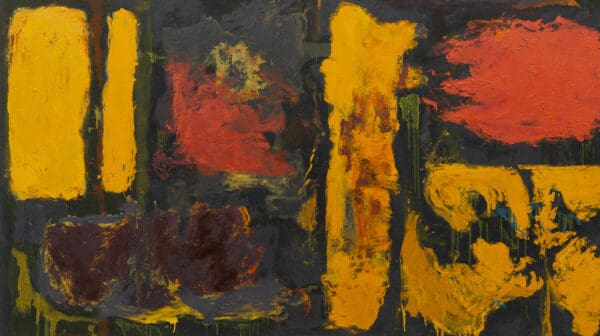
Making Space at the Table
NAP Contemporary’s group show, The Elephant Table, platforms six artists and voices—creating chaos, connection and conversation.
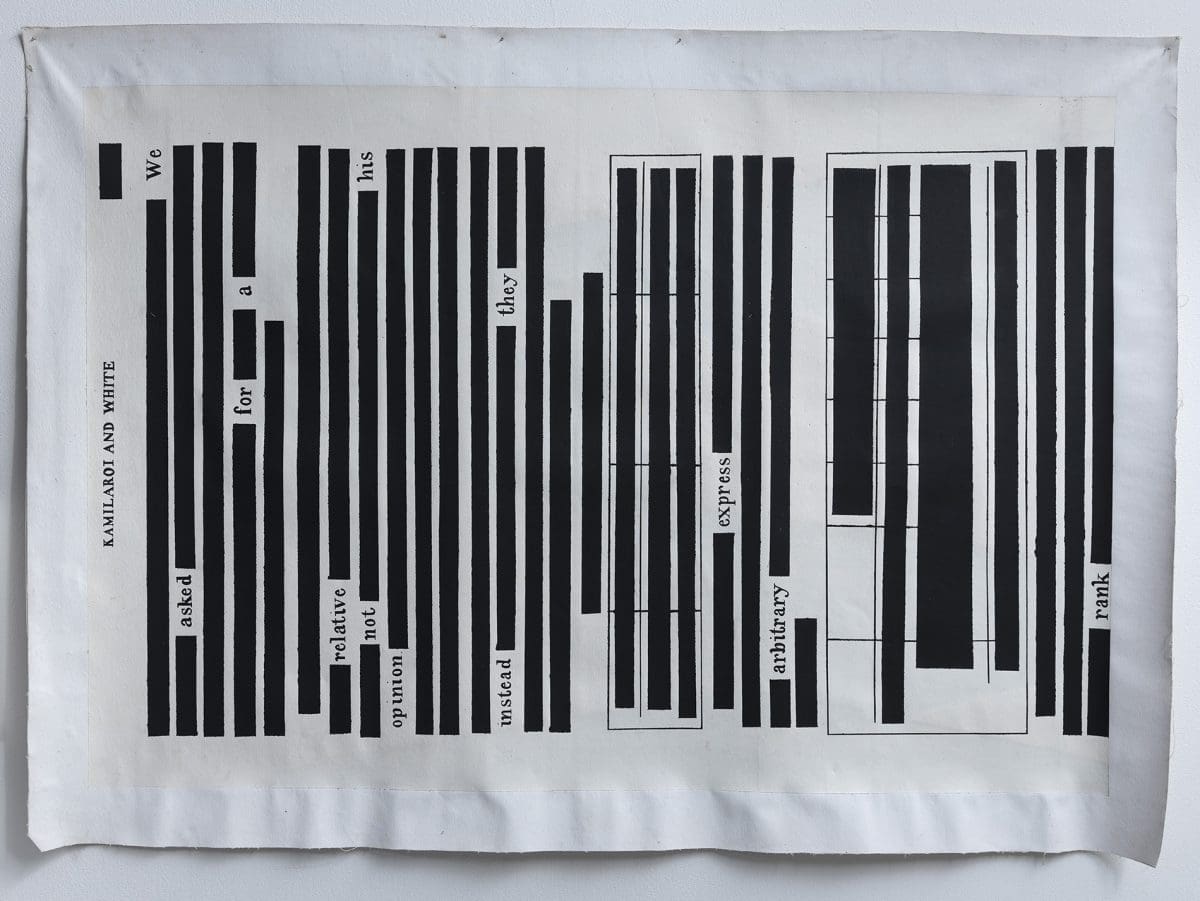
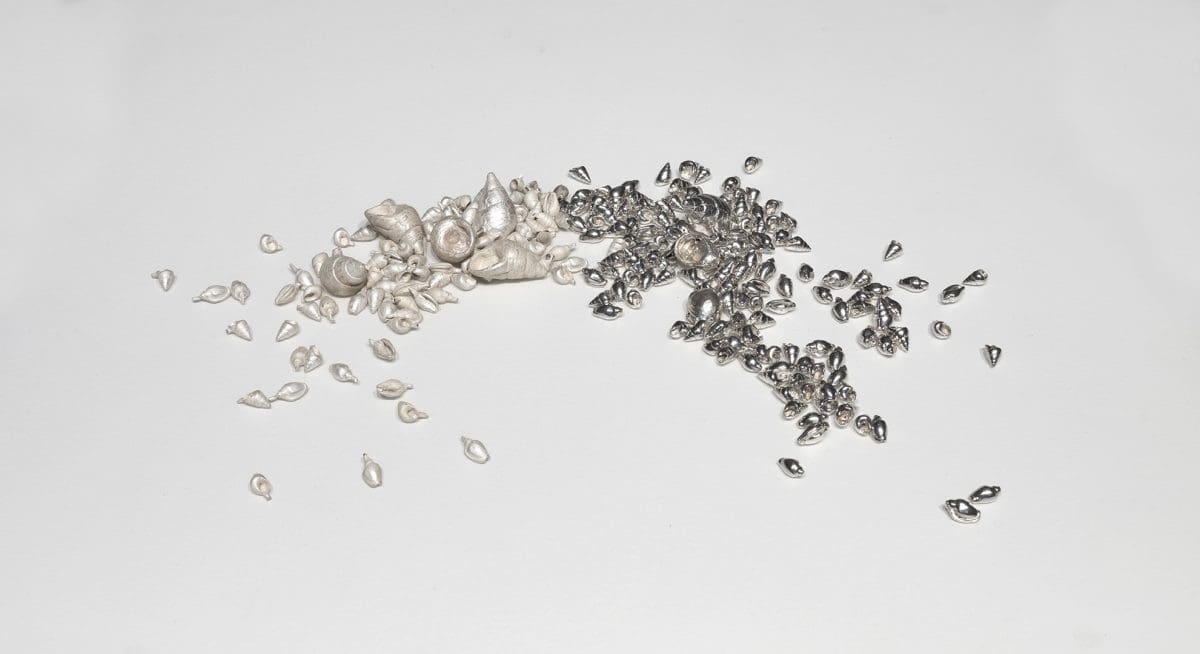
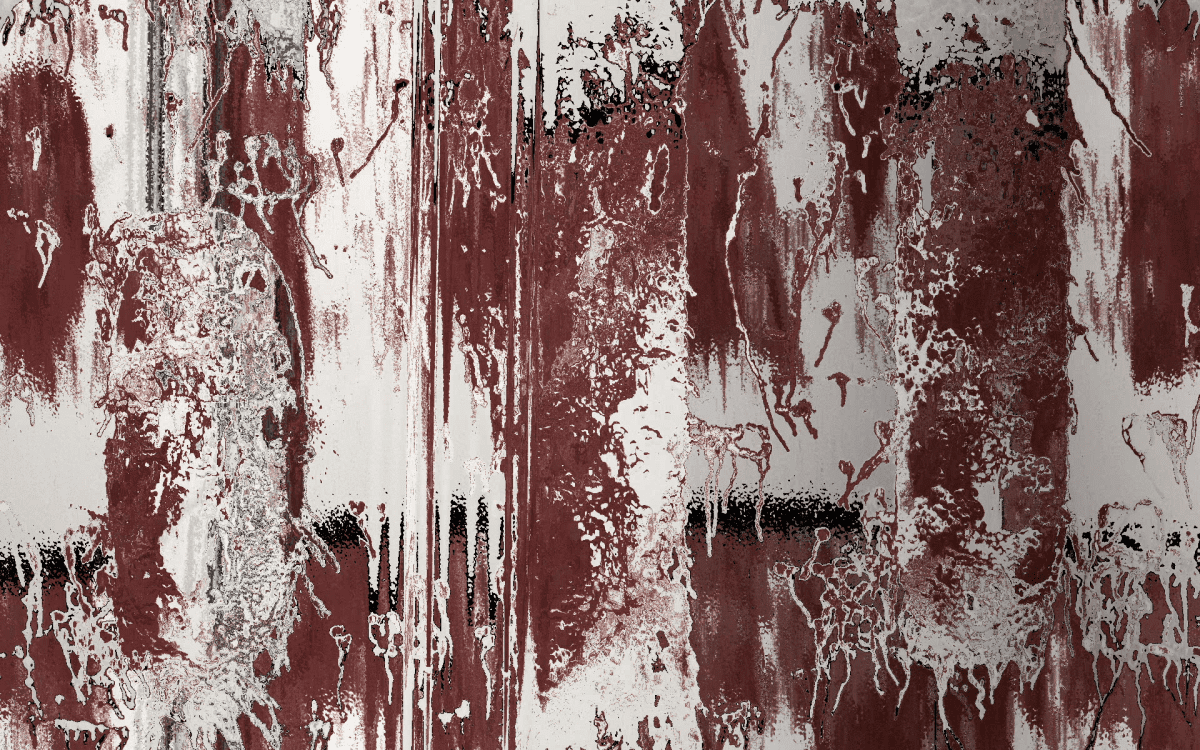
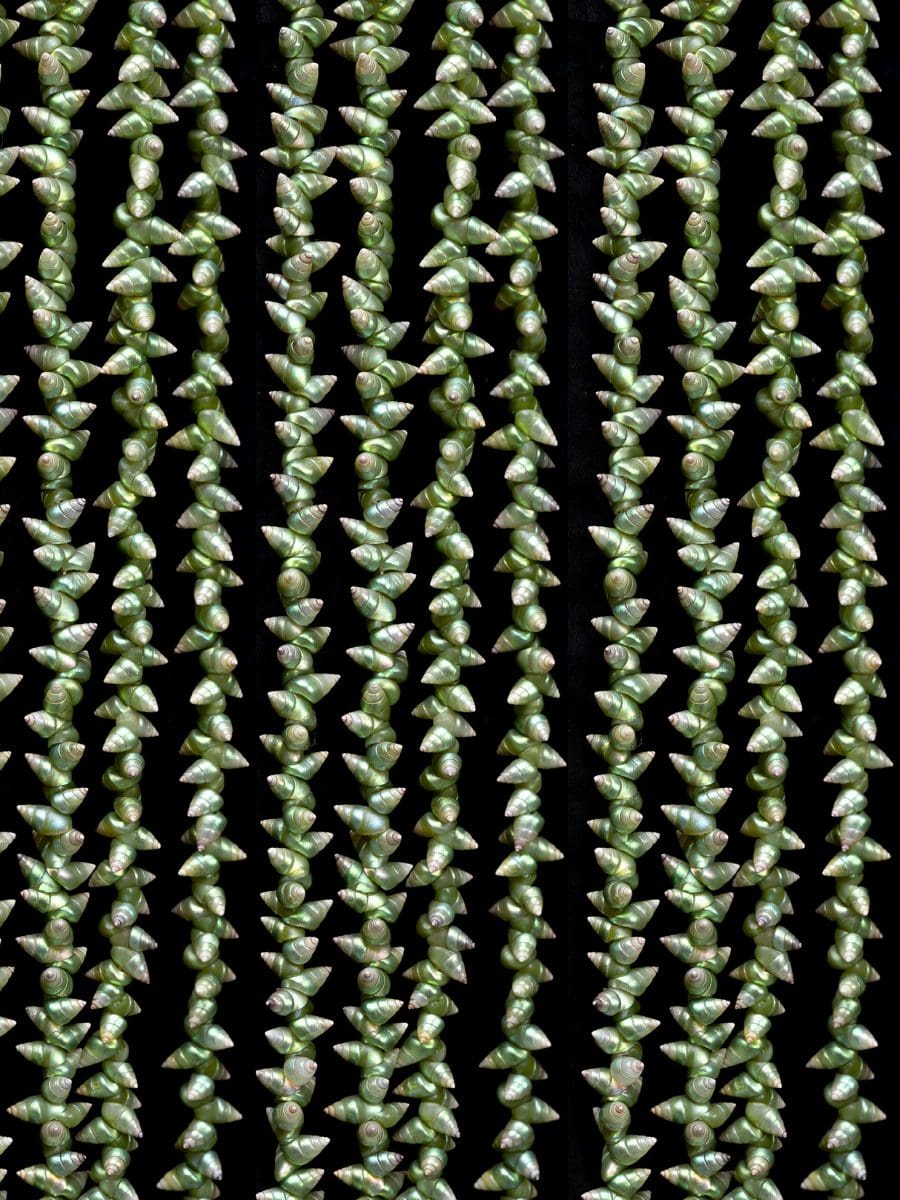

Data is often described as the ‘new oil’ of the 21st century. Referring variously to numbers, archives, scientific methods and Internet cookies, data is a sought-after asset in our hyper-connected world, and a longstanding instrument of Western colonialism.
The Data Imaginary unearths the ugly history of data and imagines its uncertain future. Against the backdrop of global conversations about data that largely neglect the perspectives of marginalised groups, the show foregrounds First Nations voices. Originally at Griffith Museum of Art in 2021, museum director and show co-curator Angela Goddard explains how data can turn into a reparative force sustaining non-Western histories and systems of knowledge. “Together these works repurpose data,” says Goddard, “to tell stories about the radical imaginary, and open up data as a medium for creative exploration.” Featuring Lola Greeno, Tali Weinberg, Andrew Gall, Judy Watson, and Silvio Carta (among others), The Data Imaginary focuses on the reclamation of colonial archives and First Nations systems of knowledge, as well as climate data and personal online data security.
Each of the 16 participating artists and artist collectives reframe data in new ways, through video, sculpture, weavings and websites. Some reclaim colonial archives listing massacre sites, body measurements, and Aboriginal place names, while others reveal the relentless extraction of online user data for profit. Highlights of the show are several long, glittering necklaces traditional to Tasmania’s Palawa people, made by Lola Greeno and Andrew Gall, which record an enduring cultural knowledge and the threat of climate change.
“We hope that visitors will come away with a better understanding of how information is collected and presented,” says Goddard, “but also with a sense of how artists and designers can shift the ways we think about global challenges in playful and creative ways.”
The Data Imaginary: Fears and Fantasies
Flinders University Museum of Art
26 April—8 July
This article was originally published in the May/June 2022 print edition of Art Guide Australia.